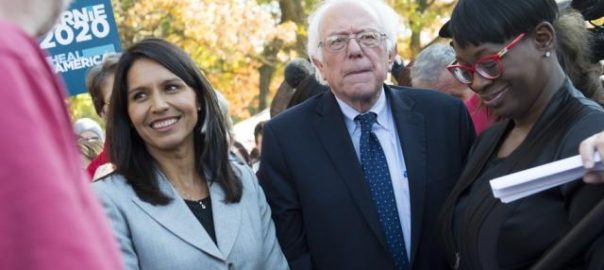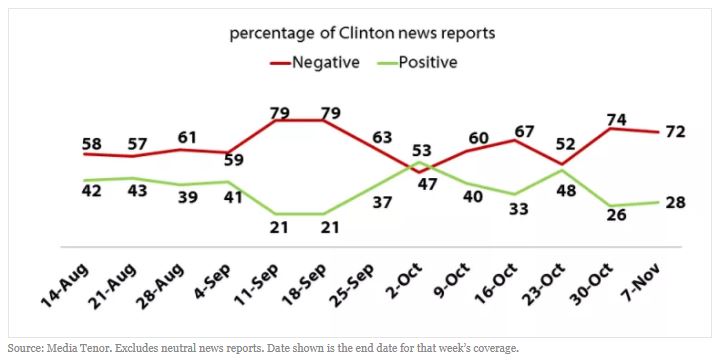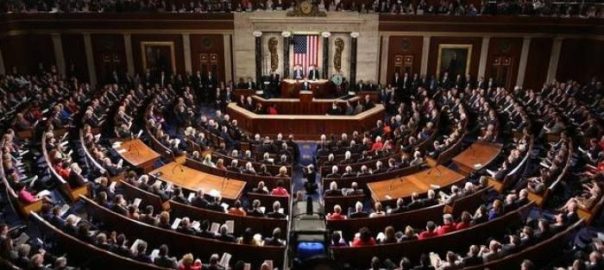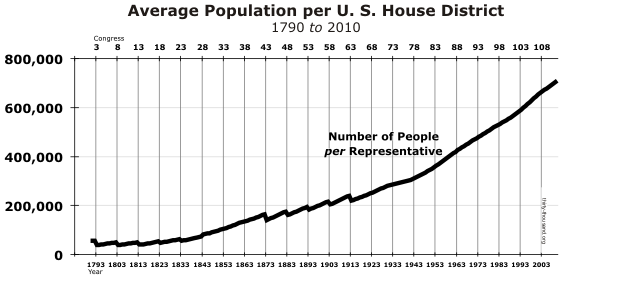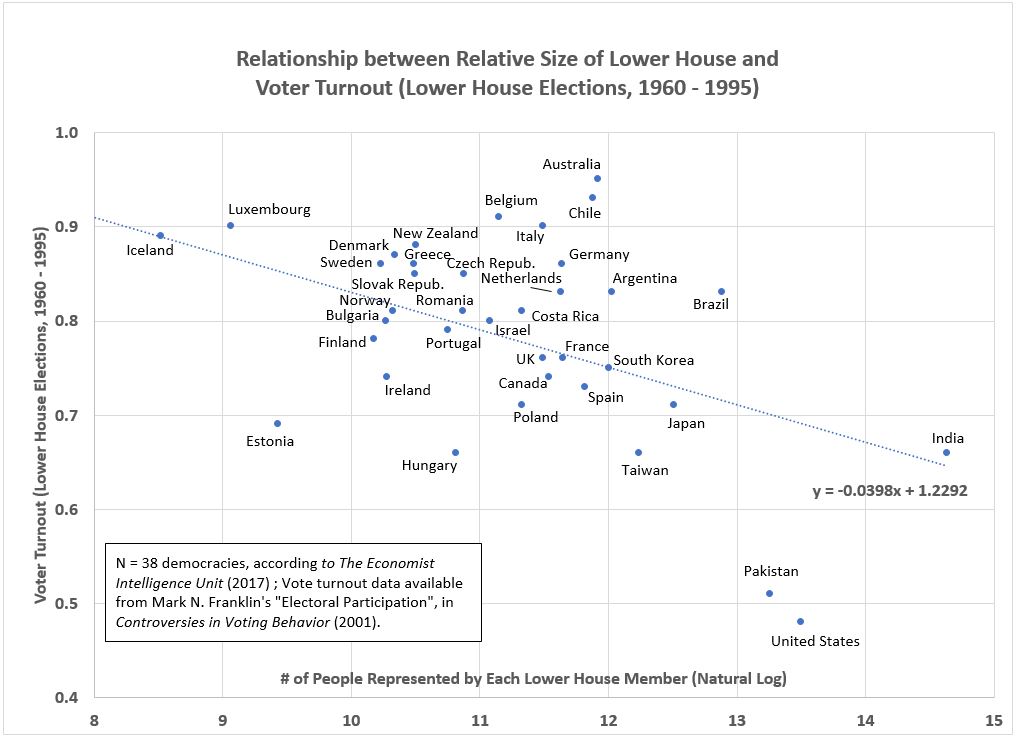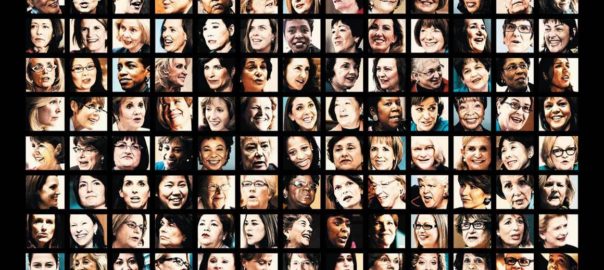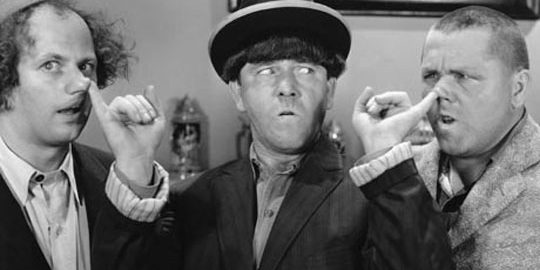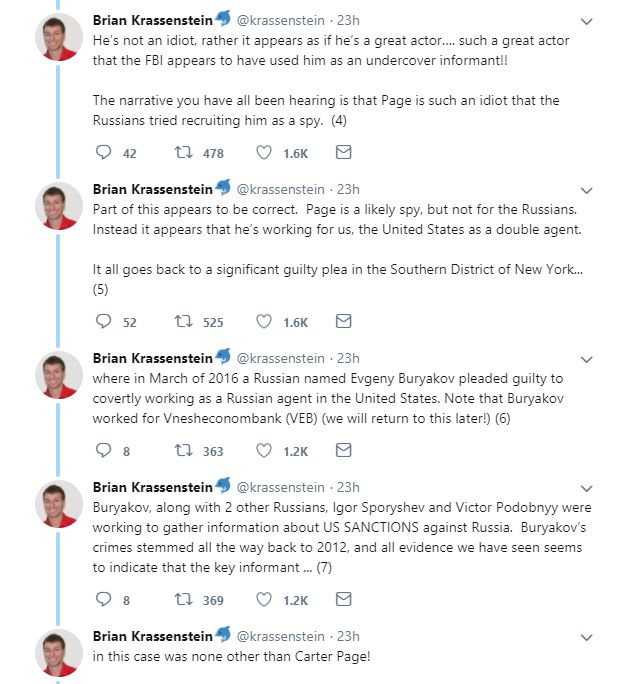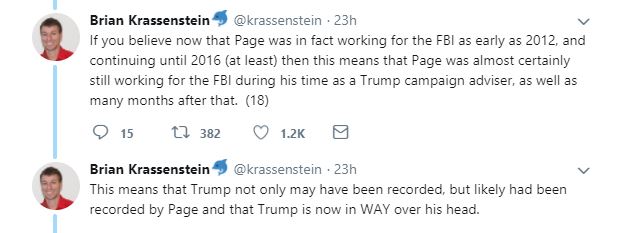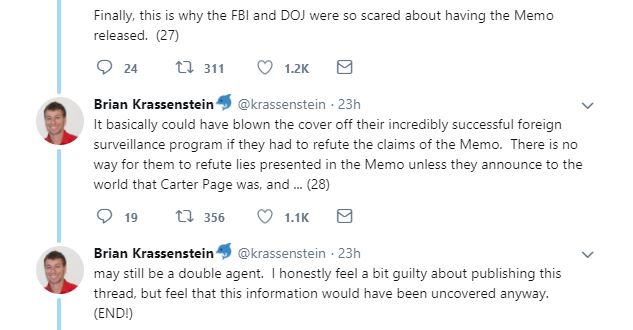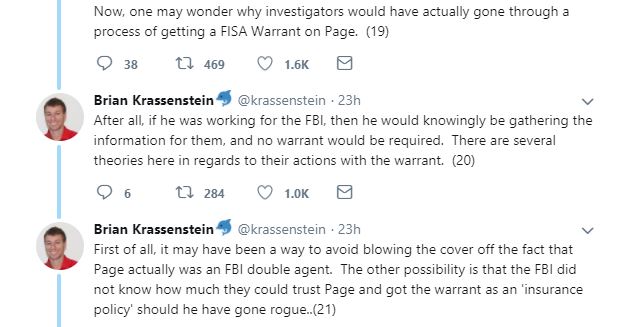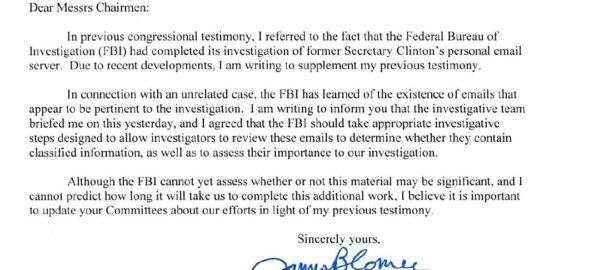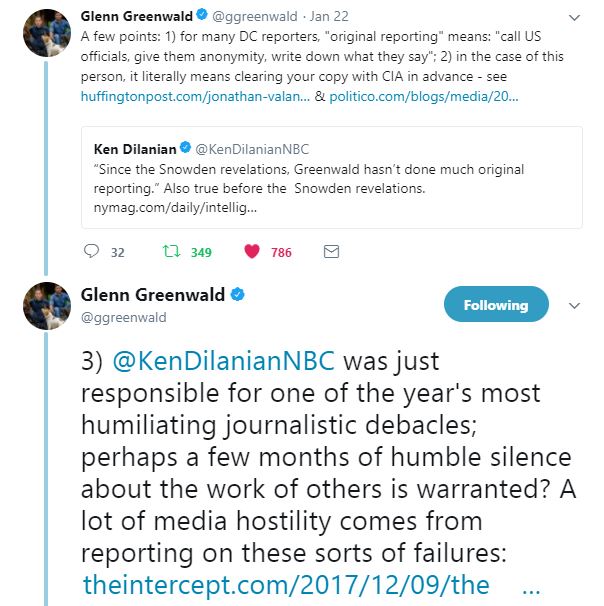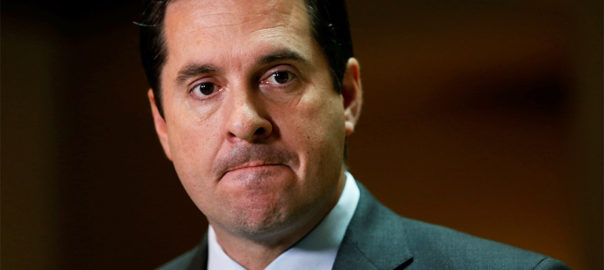By Kent R. Kroeger (Source: NuQum.com, February 22, 2018)
We have two political parties in this country. The Republican Party and the Other Republican Party (also known as the Republicrats). Both are pro-War, pro-Big-Banks, pro-Government-Spying-On-Its-Citizens, pro-Corporate-Welfare, pro-Big-Oil, and pro-Big-Government.
This is not the rant of a frustrated progressive. I am a libertarian, mostly. But if I were a progressive, I would be frustrated at how my natural home — the Democrats — is inhospitable to progressives right now.
Barack Obama’s choice for Democratic National Committee (DNC) chair, Tom Perez, started purging progressives from the party’s leadership last fall and the DNC is already rigging the congressional primaries to favor DNC-approved, establishment candidates.
And the progressive media has noticed.
“On the eve of the Unity Commission, Tom Perez purges the party of a bunch of long-time progressives who were delegates,” complained progressive radio host Jimmy Dore on his YouTube podcast which attracts 300,000 subscribers. “Tom Perez is the enemy of progressives…and the friend of corporations who are screwing America.”
Asked what choice progressives have other than to stick with the Democratic Party, Dore responded, “They (the Democrats) didn’t have me last time and they lost, and they’re not going to have me next time.”
On his podcast, The Humanist Report, Mike Figueredo argued that Perez cloaked the purge in identity politics presumably to mute any opposition to the move: “If you are going to have a diverse coalition of people serving in the DNC then you have to appoint people that are cognizant of the corporate policies that disproportionately harm people of color and marginalize minorities like the LGBTQ community.”
Figueredo noted the irony in Perez using identity politics to shut down the voices of progressives, many of whom belonging to those same identity groups.
“Just saying we are more diverse now is not enough,” said Figueredo. “(Perez) is hiding behind identity politics to promote (his) corporate agenda covertly.”
Across the progressive media landscape, the belief that progressives no longer have a home in the Democratic Party grows in numbers.
But if progressives aren’t welcome in the Democratic Party, “Where in the name of God is a progressive supposed to go?”
We are unlikely to see a viable third-party in this country. Our first-past-the-post electoral system suppresses the potential for one, and the co-opting of the political Left, first by FDR’s New Deal and then by the Clintonian Democrats, are the final kill shots to any chance of a progressive third party in this country.
The only way progressives achieve a meaningful seat at the political table is if they take back the Democratic Party. And that won’t be easy.
When its the Democrats beating the drums for war against Russia and Syria, you know the two-party system is dead
In fairness, the current two parties are ideologically distinct if identity issues are your primary concern. A vivid dividing line separates ideological Republicans and Democrats on gender pay equity, immigration, abortion, and LGBTQ rights, as well as other issues such as climate change.
But reality (as in, the quantifiable evidence) says this country continues to make progress on many of these identity issues, despite our dysfunctional political class. Advances in medical science will rapidly replace the country’s current pro-abortion consensus with one more aligned with pro-life sentiments. The status and rights of the LGBTQ community have advanced so far in the last 10 years that, today, gay married couples, on average, earn more than straight couples. As women increasingly graduate from college at higher rates than men, in the not-so-distant future we will see the gender pay gap all but disappear.
This evidence is not a way of saying we should stop being vigilant in protecting existing rights or not push to achieve the rights and equities enumerated in our Constitution. But it is dubious that identity issues have the long-term viability to be a consistent energy source for the Democratic Party. And Donald Trump won’t be president forever…right?…. RIGHT?!
Besides, far bigger issues loom on the horizon:
- Economic inequality,
- resource scarcity,
- the impact of environmental degradation on the world’s most vulnerable populations,
- meeting the growing energy needs of a planet largely dependent on relatively low-cost energy sources,
- sustainable economic growth,
- rising college costs,
- a two-tiered health care system where half the people have a great health care plan and the other half whose health care plan is buying the generic equivalent of Vicks® NyQuil™ at Walgreen’s,
- the worldwide proliferation of advanced military technologies,
- and our country’s seemingly perpetual war status that never seems to solve any problems.
Did I say ‘loom’? Hell, those issues are already with us, front and center.
Forgive me, but it is hard to get worked up over transgender bathroom rights or 13 Russian dudes posting satanic Hillary Clinton memes on Facebook when we are less than 10 years away from Iran developing a nuclear bomb, and that is assuming we stick with the Obama administration’s Iran agreement.
If the U.S. bails on the agreement, a nuclear Iran will happen in the next five years, which will set off a cascade of other countries being “forced” to develop or purchase their own nuclear weapons capabilities. That list will include: Saudi Arabia, Turkey, and Egypt. Add to that list, Argentina and Brazil, both technologically advanced societies capable of developing nuclear weapons, who may see Middle East nuclear proliferation as their opportunity to join the elite nuclear club.
And then there is North Korea. Unless some serious high-level negotiations occur in the next few years, Pyongyang will soon have a reliable intercontinental ballistic missile (ICBM) platform ready to threaten not just the U.S., but the entire world.
And, yet, there is little daylight separating the two political parties on the best course of action regarding North Korea. Trump’s bombastic tweet storms directed towards North Korean leader Kim Jong Un may have startled the American public and the international community; but in practical terms, U.S. policy continues to demand pre-conditions prior to any direct talks with North Korea. That was G. W. Bush’s policy, Obama’s policy and now Trump’s.
It is only a few Democratic progressives, led by Hawaii Representative Tulsi Gabbard, and libertarian Republicans offering a new strategy with respect to North Korea. A strategy where pre-conditions are dropped in return for face-to-face talks with the Pyongyang regime on the status of their nuclear weapons program.
More broadly, Gabbard fights a lonely battle, to the consternation of her own party, to move U.S. military and foreign policies away from the current neocon-inspired regime change strategies in Syria, Iran, Afghanistan and North Korea, towards more direct negotiations.
Gabbard, who remains persona non grata with the Democratic Party’s leadership over her endorsement of Bernie Sanders (and savage critique of Hillary Clinton) in the 2016 presidential campaign, persists in her campaign to move her party away from the disastrous neocon policies promoted by Clinton and other Democratic leaders throughout the last two decades.
“We have spent trillions of dollars, lost thousands of service members and seen hundreds of thousands of innocent civilians killed in the course of our counterproductive regime change wars, which are creating more devastation, human suffering, and refugees while strengthening terrorist groups like ISIS and al-Qaeda,” says Gabbard. “People are coming to realize the destructive and counterproductive nature of decades of broken foreign policy.”
Considering, prior to Trump, we had a Democratic president for eight years, Gabbard’s critique of U.S. foreign and military policy strikes some in her own party as a betrayal. Add to that Gabbard’s public skepticism of U.S. intelligence’s quick judgments regarding Syrian President Bashar al-Assad’s use of chemical weapons against his own people, and the Democratic Party establishment couldn’t resist renouncing her.
Howard “Do You Remember When I Was Once Called a Progressive” Dean, who seems to be on MSNBC 10 minutes after the top of every hour, said of Gabbard’s call for more evidence before authorizing military strikes against Syria, “This is a disgrace. Gabbard should not be in Congress.” Hillary Clinton loyalist Neera Tanden, the President of the American Center for American Progress, suggested that Gabbard’s skepticism was grounds for voting her out of office.
As if we needed more evidence, today’s mainstream Democratic Party and its propaganda garrisons, CNN and MSBNC, have zero tolerance for opinion diversity and their treatment of Gabbard and other progressives reinforces this fact.
Sanders, Gabbard and other progressives refuse to be blamed for the Democratic losses in 2016, but DNC Chair Tom Perez and many big Democratic donors continue marginalize that wing of the party and give Perez a few more months to work up some dossiers and those remaining progressive resistance fighters may be gone too.
Calling Donald Trump stupid, insane, dangerous and cruel is not a plan — Lets talk about some real issues
Increasingly, it is apparent the Democrats still lack a coherent agenda for the 2018 midterm elections, beyond being the anti-Trump party. And its not like that strategy won’t work for them. The GOP is headed for a historic defeat in nine months due to chronic Trump’s incapacity to alter his own behavior for the good of his own party.
Tibetan monks pouring through Trump’s speech manuscripts 24-7 for 10 years couldn’t discern every falsehood, half-truth and lie he has coughed up in just his first year as president. And, frankly, its not worth their effort. A third of the public will support Trump no matter what he says, and another 15 percent will always be open to supporting the Republican Party as long as the Democratic Party refuses to address their core concerns (immigration, taxes, and the size of government).
It is not helping the Democrats that its own social justice warriors persist in a full-metal jacket meltdown over Donald Trump while greater threats to our country gather strength. And, no, none of those threats are pussy-chasing Hollywood and East Coast liberals.
The Rise of China and Our National Debt
Lets start with the semi-cordial but still adversarial relationship that will define the remainder of this century: The U.S. and China.
China is this country’s greatest threat since the British and the War of 1812. The Chinese, however, won’t be sending their Navy up the Potomac. The Chinese are an economic threat, not a military one. Not yet at least.
In 2014, Frank Kendall, the former undersecretary of defense for acquisition, technology and logistics in the Obama administration issued a warning to the defense and intelligence community that U.S. military superiority relative to China was being “challenged in ways that I have not seen for decades,” adding, “This is not a future problem. This is a here-now problem.”
Unfortunately, the U.S. cannot afford to fight five potential wars in the Middle East and Asia and also confront China’s increased power projection in the South China Sea. Our defense budget, as large as it is, isn’t built to fight more than two land wars. With a significant occupation still ongoing in Afghanistan, a growing presence in Syria, and a number of looming threats in North Korea, Iran, on the Arabian peninsula, and on the African continent, any kind of military confrontation with China is off the table. Strategic containment is the only viable option.
So, we might as well just welcome our future Chinese landlords and be happy if they provide our kids and grandkids with meaningful employment. Consider it a moral victory if they don’t lock the factory’s exit doors.
And why accept China’s ascendancy?
First, China is too large and integrated into our own economy for us to stop their rise.
Second, the Chinese do not present themselves as an existential threat to the U.S. They are cautiously open to American culture’s intrusion into Chinese life, even as they work hard to protect and promote their own cultural dominance. Their unspoken but palpable sense of ethnic superiority aside, they have great food, great cultural arts, aren’t all religiousy like some people, and have two Disney parks. China circa 2018 bears no resemblance to Soviet Russia circa 1958, despite sharing a Communist ideological heritage. There is simply too much that binds the U.S. and China for all-out war to ever break out between the two countries.
Third, if our political and business leaders didn’t want the Chinese rising to dominance in the 21-st century, they wouldn’t have let our national debt balloon to $20 trillion, of which $6 trillion is owed to foreign countries, and over $1 trillion of that to the Chinese alone.
This country is drowning in long-term debt and our hyperpartisan-induced gridlock renders us unwilling and incapable of addressing the issue. To leaders in both Republican parties, the cries of deficit-hawks like Senators Rand Paul (R-KY) and Mike Lee (R-UT) are background noise. Their predictions of economic ruin if we don’t end the large government deficits never materialize. Instead, the economy marches forward and the deficit-hawks are simply ignored.
That will change. The economists don’t know when, but when it does, without a viable progressive party to represent those most defenseless, this country’s annual federal budgets will become nothing more than a defense budget, debt financing payments, and dramatically reduced Social Security* and Medicare programs.
[* The Social Security Trust Fund has never been “put into the general fund of the government.” But if you think Social Security will survive a serious federal government debt crisis untouched, you will be gravely disappointed.]
We face so many potentially calamitous issues that, if this country doesn’t build a genuine political alternative to the wine and brie set that own the current two-party system, we will not recognize this country 50 years from now.
I admire Bernie Sanders. I voted for Bernie Sanders. But I don’t think Bernie Sanders has workable answers to these massive structural problems. I wish he did. I trust his character and intentions, we just don’t have the money for his solutions. And some of his solutions would never work if fully implemented. For example, there is credible evidence — though not conclusive — that raising the minimum wage lowers employment levels for low-skilled workers, the very people Sanders and the progressives want to help.
But this country still needs Sanders, and people like him, fully engaged in the middlemost of the toppermost political battles that are going to determine our national trajectory going forward.
I am not a progressive, so I shouldn’t be giving advice to them I suppose, but if progressives don’t fight the establishment Democrats that hijacked the party in 1992 and haven’t let go since, we will all, liberals and conservatives alike, be forced to pick through the smoldering wreckage of what was once the world’s greatest power.
祝你好运!
{Send comments to: kkroeger@nuqum.com}
About the author: Kent Kroeger is a writer and statistical consultant with over 30 -years experience measuring and analyzing public opinion for public and private sector clients. He also spent ten years working for the U.S. Department of Defense’s Office of the Under Secretary of Defense for Personnel and Readiness and the Defense Intelligence Agency. He holds a B.S. degree in Journalism/Political Science from The University of Iowa, and an M.A. in Quantitative Methods from Columbia University (New York, NY). He lives in Ewing, New Jersey with his wife and son.
